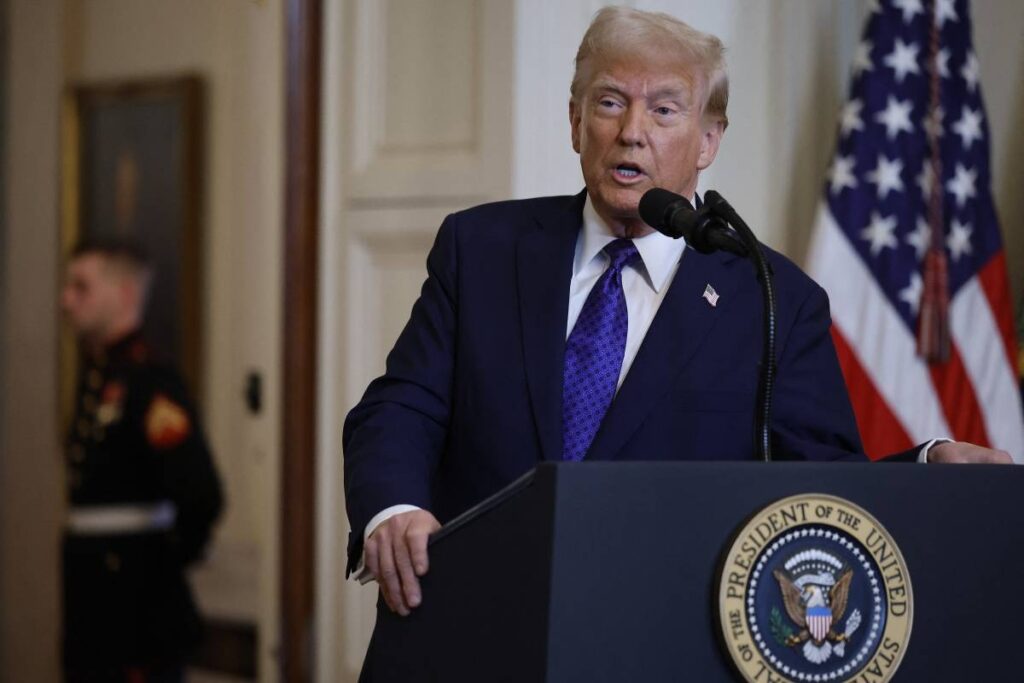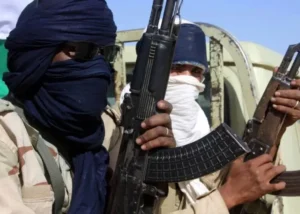The Trump administration has officially revoked Temporary Protected Status (TPS) for more than 300,000 Venezuelans living in the United States. This decision adds uncertainty for many who depended on the program to stay and work legally in the country.
Temporary Protected Status (TPS) is a program that allows people from countries facing natural disasters, war, or political crises to live and work in the US. However, TPS does not provide a path to citizenship. Many Venezuelans were granted TPS due to the severe political and economic crisis under President Nicolás Maduro.
- Over 600,000 Venezuelans were affected when the Trump administration canceled an 18-month TPS extension that President Joe Biden had approved before leaving office.
- Now, a smaller group of Venezuelans who received TPS in 2023 will lose their protection within 60 days.
- Another 250,000 Venezuelans who got TPS in 2021 are safe until September, but their future is now uncertain.
The Venezuelan opposition website El Pitazo described the news as an “atomic bomb” for the migrant community.
Journalist Andrés Oppenheimer, writing in the Miami Herald, pointed out that Trump’s decision also affects his own supporters, since many Venezuelan immigrants with TPS had backed him in the past.
Trump has opposed TPS for years. During his first term, he tried to end protections for immigrants from El Salvador and Haiti.
On NBC’s Meet the Press, Homeland Security Secretary Kristi Noem defended the decision but mistakenly referred to TPS as “TPP.” She also repeated Trump’s claim that Venezuela sent criminals to the US, linking some migrants to the Venezuelan gang Tren de Aragua (TDA).
However, the Department of Homeland Security reports that only 600 out of 600,000 Venezuelan TPS holders may have ties to the gang—a tiny fraction of the total.
For now, many Venezuelans in the US face an uncertain future. Some have just 60 days before they lose legal protection, while others must wait to see if their TPS status will be extended beyond September.
With thousands of lives impacted, this decision will likely remain a major issue in US immigration policy.







